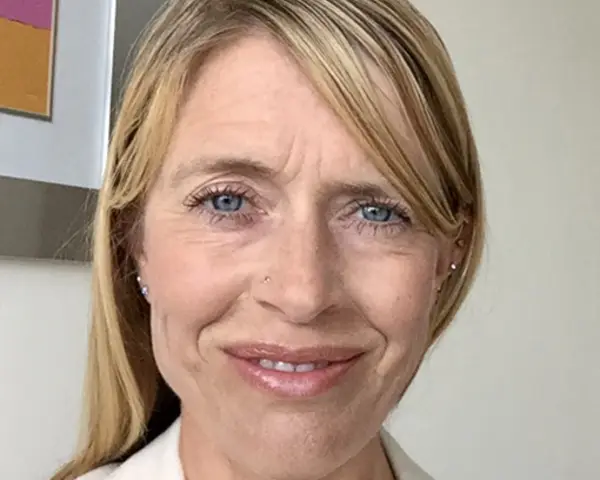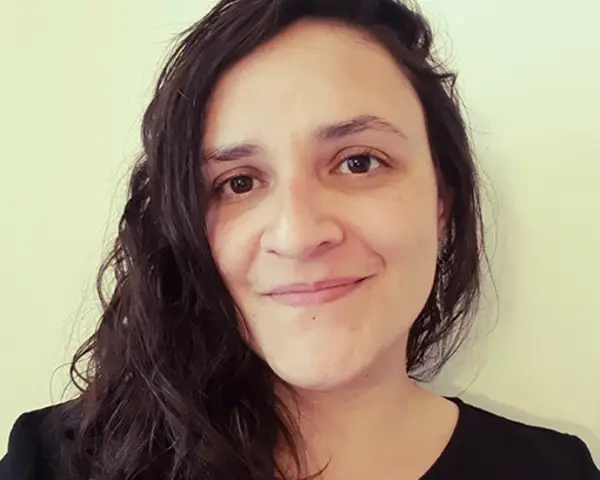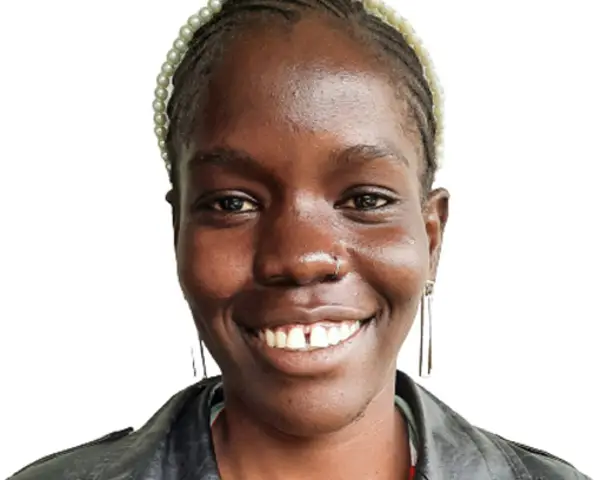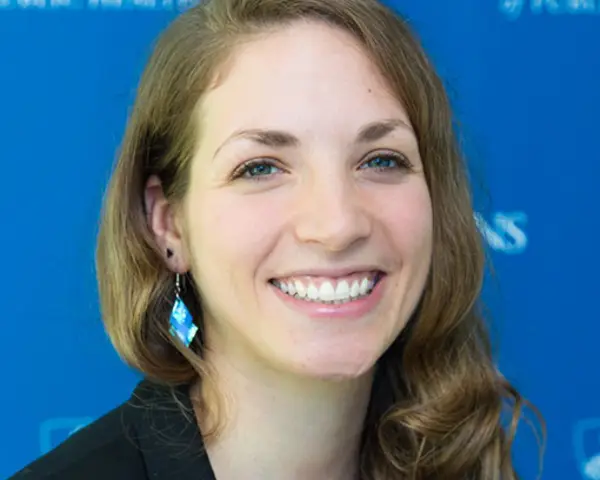Webinar: Prioritizing Adolescent Mental Health in Low- and Middle-Income Countries
Date
Mental ill health is a significant cause of morbidity and mortality among adolescents, who are at a higher risk of developing mental health disorders due to their rapid physical, mental, emotional, and intellectual development in the transition towards adulthood.
Access to mental health services and prevention programs to treat mental disorders among young people is currently inadequate in many countries, and this is particularly the case in low- and middle-income countries (LMICs). Beyond the harm to adolescents’ health, mental disorders in adolescence can undermine wider areas of development such as education, employment, social stability, and economic growth - limiting progress toward the Sustainable Development Goals. With the COVID-19 pandemic exacerbating the stress and uncertainty of adolescence, the need for solutions is greater than ever.
On October 27, experts from RTI International, Plan International, Johns Hopkins University, and AstraZeneca shared research findings and presented new analysis of global data with the aim of motivating and guiding action to improve adolescent mental health.
Watch the webinar below
Priority Areas for Future Research and Advocacy Identified by Webinar Breakout Groups:
Implementation
- Increase focus on the sub-groups most at risk of poor mental health, e.g. homeless young people, young people from low socio-economic groups, young people exposed to trauma, and LGBTQI adolescents.
- Widely implement school programs including counseling for adolescents and guidance teacher training as a standard across schools.
- Implement family level programs for parents to assist their relationships and communication with their children and help build trusting relationships and better communication skills.
Policy and programs
- Ensure that policymakers and health professionals understand adolescents’ unique needs and challenges and the need for services and programs to respond to these.
- Invest in data generation to understand the burden of mental ill health among this population and involve adolescents meaningfully in generating solutions to the issues they experience.
- Consider the developmental stages of adolescents in adolescent mental health programming both in humanitarian and general settings, and avoid generalization.
Advocacy
- Share and leverage the research showing the benefit of investing in adolescents’ mental health with national stakeholders.
- Advocate for services to be preventative as well as responsive, and to be situated where young people are, both physically e.g. schools, youth clubs, and virtually e.g. social media.
- Advocacy and research should understand and utilize adolescents’ language related to mental health – move away from discussing mental health or mental ill health only in medical terms, and increase use of accessible language.
- Advocate for context-specific and gender-tailored interventions, particularly to differentiate between gender roles, perceptions, and challenges.
- Advocate for programs that help young people navigate sexual and reproductive health, their health and behaviors, and build skill sets.
Research
-
More research on school-based interventions with teachers, focusing on validating and understanding the effectiveness of mechanisms for early prevention.
- Need for more robust evaluations of mental health programs and outcomes to build the evidence base.
- Increase understanding of how poor mental health manifests in the way young people express themselves.
- Recognize gender as a key frame for understanding mental health and build this into all mental health research.
Speakers

Dr. Angie Jackson-Morris, Senior Global Health Specialist, Center for Global NCDs, RTI International
Dr. Angie Jackson-Morris leads the technical work of the Center for Global Noncommunicable Diseases at RTI International to better understand and guide policy and practice on noncommunicable diseases (NCDs) and their risk factors. Angie’s experience extends over 25 years, across a range of countries and sectors and internationally. Angie holds a Ph.D., MSc, and MA Honours from the University of Edinburgh.

Dr. Ishu Kataria, Senior Public Health Researcher, Center for Global NCDs, RTI International
Dr. Ishu Kataria is a Senior Public Health Researcher with the Center for Global Noncommunicable Diseases at RTI International. She works on NCD prevention and control both in India as well as globally and has experience in conceptualizing and developing training interventions, and designing and implementing programs on cancer prevention, adolescent NCDs, and behavior change communication.

Ms. Angelica Duarte, Coordinator, Young Health Programme (Brazil), Plan International
Ms. Angelica Duarte is a graduate in Social Work and a specialist in Gender and Sexuality, she has extensive experience with the implementation of public policies in the areas of gender, health, and economic empowerment. Since 2020, she has coordinated the Young Health Programme at Plan International Brazil

Ms. Marlene Kerera, Lead Peer Educator, Young Health Programme (Kenya), Plan International
M. Marlene Kerera is a Lead Peer Educator for the Young Health Programme in Kenya and a mental health youth advocate in one of the biggest slums in Africa. Marlene is a big supporter of a world free of NCDs and is promoting awareness of mental health concerns, one of the NCDs.

Dr. Shoshanna Fine, Assistant Scientist, Department of Population, Family and Reproductive Health and the Department of Mental Health, Johns Hopkins University
Dr. Shoshanna Fine, PhD, MPH, is an Assistant Scientist in the Department of Population, Family and Reproductive Health and the Department of Mental Health at the Johns Hopkins Bloomberg School of Public Health. Her research centers around investigating and improving mental health and well-being among vulnerable populations domestically and globally, with an overall focus on adolescents living in adversity.

Ms. Courtney Sunna, Associate Director, Global Sustainability, Access to Healthcare, AstraZeneca
Ms. Courtney Sunna is the Global Sustainability, Access to Healthcare Associate Director at AstraZeneca, responsible for shaping and executing the company's approach to noncommunicable disease prevention and management of its $35M global community investment initiative, the Young Health Programme. Her work combines research, advocacy, youth leadership, grants, scholarships and community programming reaching 35+ countries through 30+ non-profit partners, helping to secure a future where all people have access to affordable, sustainable healthcare.